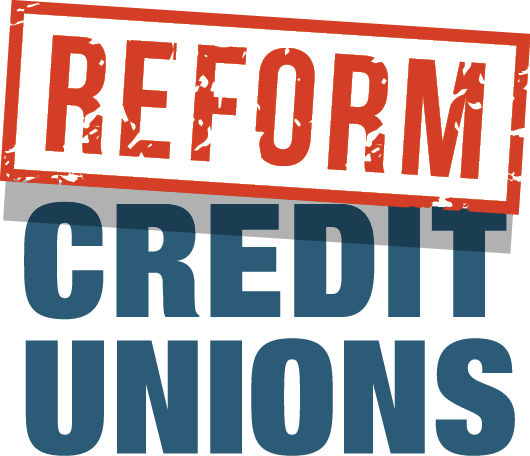Shop Therapy: A Bank Buying Bonanza
Large credit unions have been gobbling up smaller credit unions by the dozen, with 187 acquisitions last year, according to the Wall Street Journal. With fewer targets remaining, acquisitive not-for-profit credit unions have turned their attention elsewhere, buying a record number of banks.
Credit unions have bought 21 U.S. banks since 2018, the Journal reports – nearly twice as many as they acquired in the previous five years. Each time that happens, a tax-paying bank is removed from the tax rolls.
Taxes: Every Day’s a Tax Holiday
Large credit unions serve the affluent, buy up other credit unions and banks, fight against rules that would make their community activities transparent…and pay no federal income taxes. Their share is instead picked up by the ordinary taxpayers who don’t enjoy special privileges based on helping people with “small means” – a concept that no longer even applies to the nation’s largest credit unions.
Field of Membership: A Field of Dreams for Aggressive Credit Unions
The federal agency with oversight of credit unions, the NCUA, dramatically loosened rules on the people credit unions could serve, effectively rendering old “field of membership” restrictions virtually meaningless.
With the prior restraints around “common bonds” removed, tax-exempt large credit unions have blown up their marketing budgets, touting access for “everyone” across America.
CEO Compensation: A Public Mystery
Unlike public companies, credit unions are not obligated to disclose the salaries of their CEOs. A report from the Brookings Institution said last year that when the NCUA expanded credit unions’ field of membership requirements, “it should also expand executive compensation disclosure requirements for all federally insured credit unions.”
Are leaders of large credit unions still “people helping people” or people helping themselves? Without full disclosure, we don’t know.
CRA Exemptions: Nothing to See Here
Credit unions use their lobbying muscle to oppose the extension of the Community Reinvestment Act, which encourages financial institutions to help meet the needs of low- and moderate-income borrowers in their hometowns. Maybe that’s because those groups aren’t their market.
According to a study by the trade association CUNA, credit union members are far more likely to work full time, have college degrees and own homes than non-members.
The world has changed since the Federal Credit Union Act of 1934, and so have credit unions. It’s time for Congress to take another look.
